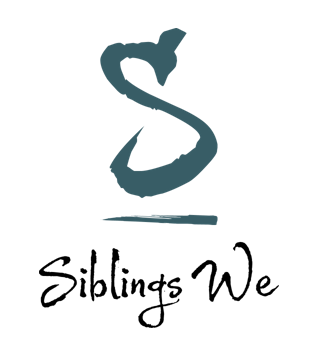Myra here.
We are delighted to dedicate our Wednesdays to featuring nonfiction titles, as per usual. We would also be linking our nonfiction choices with our reading theme throughout the year, when we can.

This year, we hope to feature books that fit any of the following criteria:
-
Postcolonial literature and/or [pre/post] revolutionary stories
-
Stories by indigenous / first-nation peoples / people of colour
-
Narratives of survival and healing, exile and migration, displacement and dispossession
-
Books written or illustrated by people who have been colonized, oppressed, marginalized
March is Women’s Month. Thus, I will do my best to feature lives of outstanding women while also finding narratives that fit our #DecolonizeBookshelves2022 reading theme.

Njinga Of Ndongo and Matamba (Amazon | Book Depository)
Written by Ekiuwa Aire Illustrated by Natalia Popova
Published by: Our Ancestories (2021) ISBN: 9781777117955. Bought a copy of the book. Book photos taken by me.
Njinga had a complicated birth when she was born with her mother’s cord twisted around her neck. Her father, the Soba (or traditional ruler), breathed into Njinga until she finally had enough air in her lungs to breathe on her own.

Njinga had an older brother named Mbandi who had always been jealous of the fact that their father seemed to favor Njinga – encouraging her to attend school, even when girls are traditionally not expected to be smart enough to go to school. Njinga learned to read and write in Portuguese as well – the language of the country’s colonizer and oppressor – from Portuguese missionaries who recognized just how smart Njinga was – which naturally incensed her brother even more.

The rivalry between the siblings did not diminish even as they grew older. In fact, Njinga had to leave their hometown when her brother assumed leadership of their people when their father died, because she knew that her presence would not be appreciated. However, Mbandi had to seek her help when the Portuguese threatened to take over and demanded even more from the Kingdom of Ndongo. He knew that Njinga was the only person who would be able to speak to the Portuguese invaders in their own language and demand that their people be treated fairly.

I especially love the scene above as it shows how Njinga was able to hold her own with dignity and pride even as the Portuguese attempted to diminish her authority and power at every turn. What I found to be even more amazing is the fact that Njinga eventually became the Queen of not just Angola (the seventh-largest country in Africa) – but also the kingdom of Matamba (now known as the Democratic Republic of Congo). There is also a very detailed Afterword that provides even more information about the kingdoms and Queen Njinga of Ndongo and Matamba. What a powerful woman, indeed. It is interesting that her story is little known to people outside of Africa. I am thrilled that picturebooks like these published by Our Ancestories now exist to remedy that.

#DecolonizeBookshelves2022 Update: 23 out of target 100
March 9, 2022 at 06:30AM Myra Garces-Bacsal


